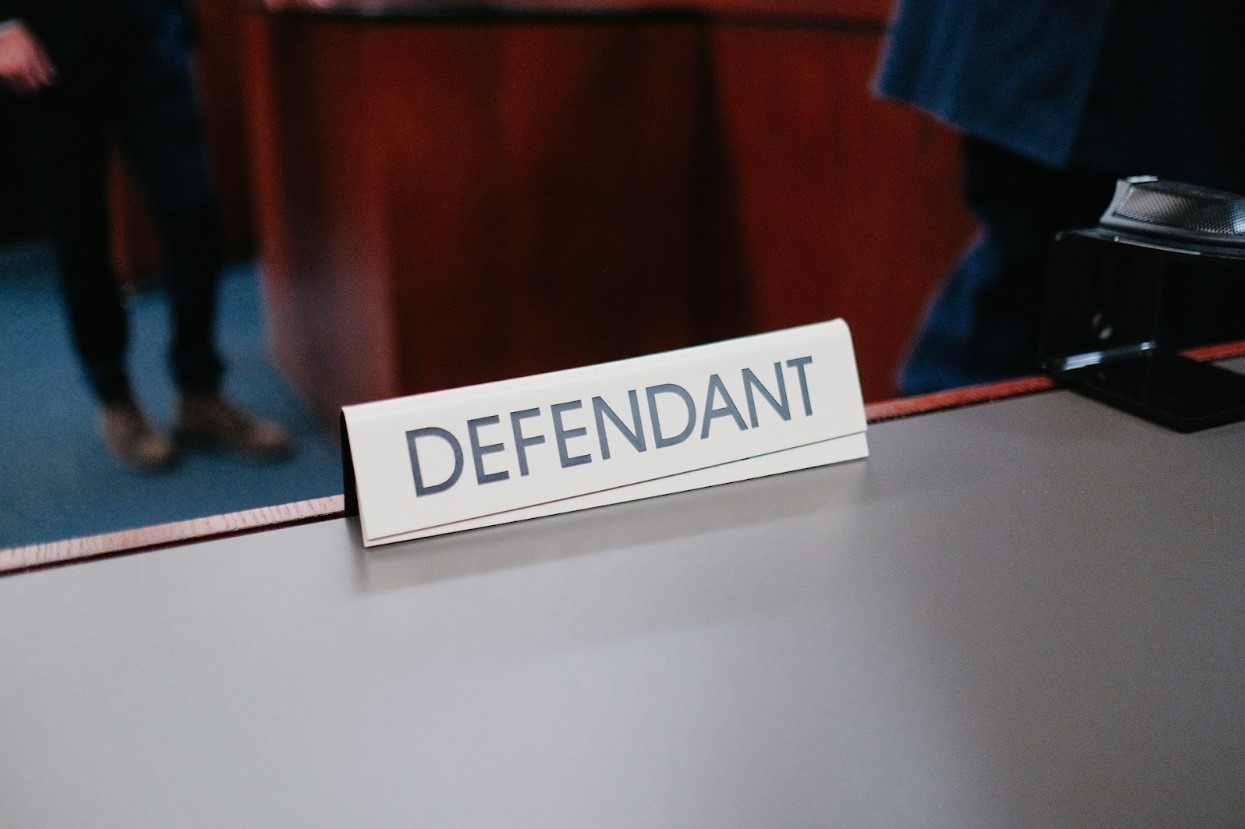Sweeping laws by the European Union (EU) could radically change business operations around the world. This includes businesses based in the United States.
The law covers what the EU describes as due diligence, which in America are referred to as environmental, social and governance (ESG) metrics. Some see this as overseas legislators enforcing leftist, “woke” business practices on American businesses.
The CSDDD

The law is formally titled the Corporate Sustainability Due Diligence Directive (CSDDD). It’s a mandate aimed at large businesses to reduce their negative impacts.
The CSDDD applies to businesses in the EU and large businesses that might be headquartered outside of the EU, including those with headquarters in the United States.
The Aim of the CSDDD

The law basically mandates businesses to adopt the EU’s ESG rules and adhere to various EU regulations, U.N. resolutions and international agreements.
The aim is for these businesses to improve the sustainability of their operations, limit water and land consumption, reverse biodiversity loss, phase out fossil fuel use, guarantee workers’ rights and stop the spread of disinformation.
What Companies Are Covered Under the CSDDD?

Any EU company with over 1,000 employees and a net turnover of $489 million or more is covered under the CSDDD.
Also covered are non-EU businesses if they have a turnover of $489 million in the European Union. This would include businesses that, while trading in the EU, are headquartered in the U.S.
Penalties for Non-Compliance

There are potentially massive fines that can be levied against businesses that don’t meet the requirements set out by the EU. These fines could equal as much as 5% of a company’s net worldwide turnover.
Non-compliant companies would also be open to lawsuits from individuals and activist groups for damage caused by their rogue business practices.
Large American Companies Will Be Impacted

With an EU turnover of well over the $489 million boundary point, many of America’s largest companies will be required to comply with these regulations.
The likes of McDonald’s, Amazon, Google, Apple, Ford and many others all have large EU operations that would see them subject to the CSDDD regulations.
A Domino Effect

Where the CSDDD regulations have some commentators worried is the capacity to dictate operations for businesses beyond these large corporations with EU operations.
The EU law also mandates that companies covered by the CSDDD see that businesses upstream and downstream in their chain of activities also operate according to EU metrics, regardless of their size or where they’re based.
Smaller Businesses Could Be Impacted Too

This means that small-to-medium U.S. businesses within the supply chain of these larger corporations would also see their operations governed by EU regulations.
Let’s use McDonald’s as an example. The U.S. farmer who provides the potatoes for McDonald’s french fries, the storage and transportation companies used for distribution, and the beef ranchers who supply McDonald’s with meat would all have to comply with EU ESG metrics.
Pushback to the EU Mandate

There has obviously been some pushback to this idea of overseas policymakers giving directives for how U.S.-based companies need to operate.
The idea of Americans being subject to European labor laws is troubling to some. Of particular concern is the fact that U.S. businesses that have no direct activity in Europe will need to work in compliance with non-U.S. regulations.
More Extreme Criticism

Beyond these concerns, there has been some slightly more hysterical reaction and opposition to the implementation of the CSDDD.
Some commentators describe the directives as “a direct assault on America’s sovereignty” and that the EU is attempting to “transform U.S. businesses and American culture.” They view opposing the CSDDD as a “fight for freedom and prosperity.”
Social Changes in Europe

It is interesting that such a ferocious, anti-leftist reaction is being sparked among some U.S. commentators at a time when Europe is seeing a political swing to the right.
The requirement for U.S. businesses to comply with the CSDDD will be phased in over a number of years, beginning in 2027. By this time, who knows whether the makeup of the EU policymakers will be as supportive of perceived “leftist” mandates.
The EU Overstepping Its Authority?

Regulatory mandates that look to lessen the potentially negative impact of business operations on our planet’s environment are likely to become more prevalent, as are those that look to secure fair conditions for workers. This is nothing new.
What is a potential cause for concern is the scope of this EU legislation. The fact that the nature of this mandate means it can influence U.S. business practices may cause some to view it as an insidious attack on U.S. sovereignty. But the counterargument can easily be made that if U.S. businesses are making huge revenue from operating in the EU, it shouldn’t be unexpected that they be subject to EU mandates.
